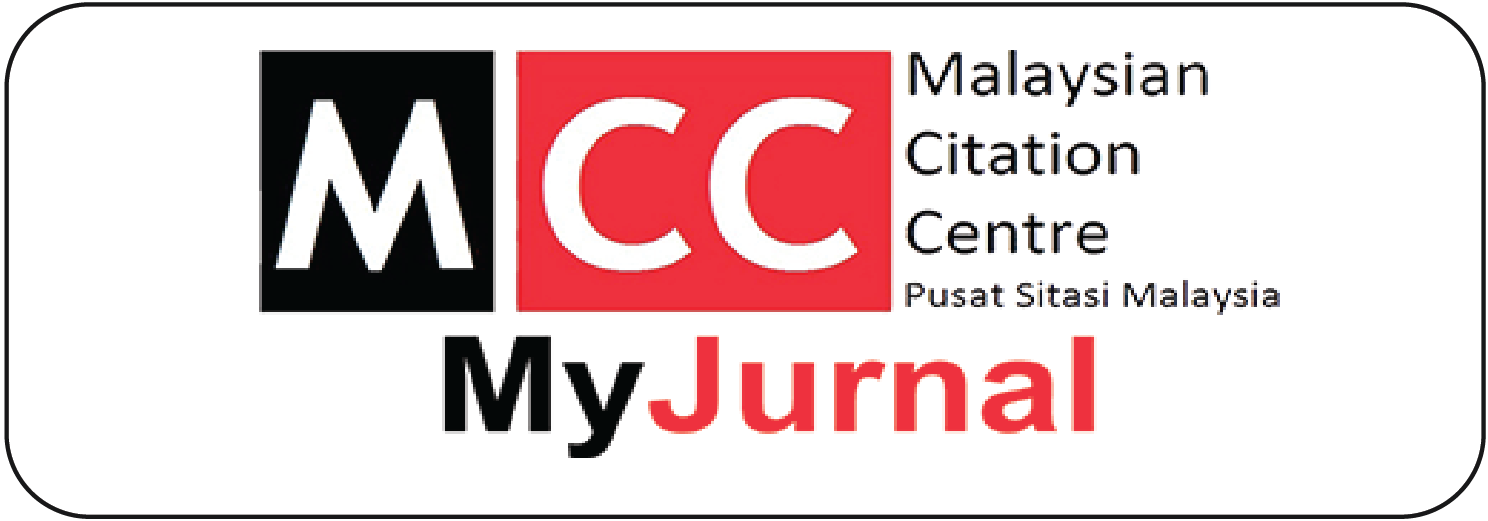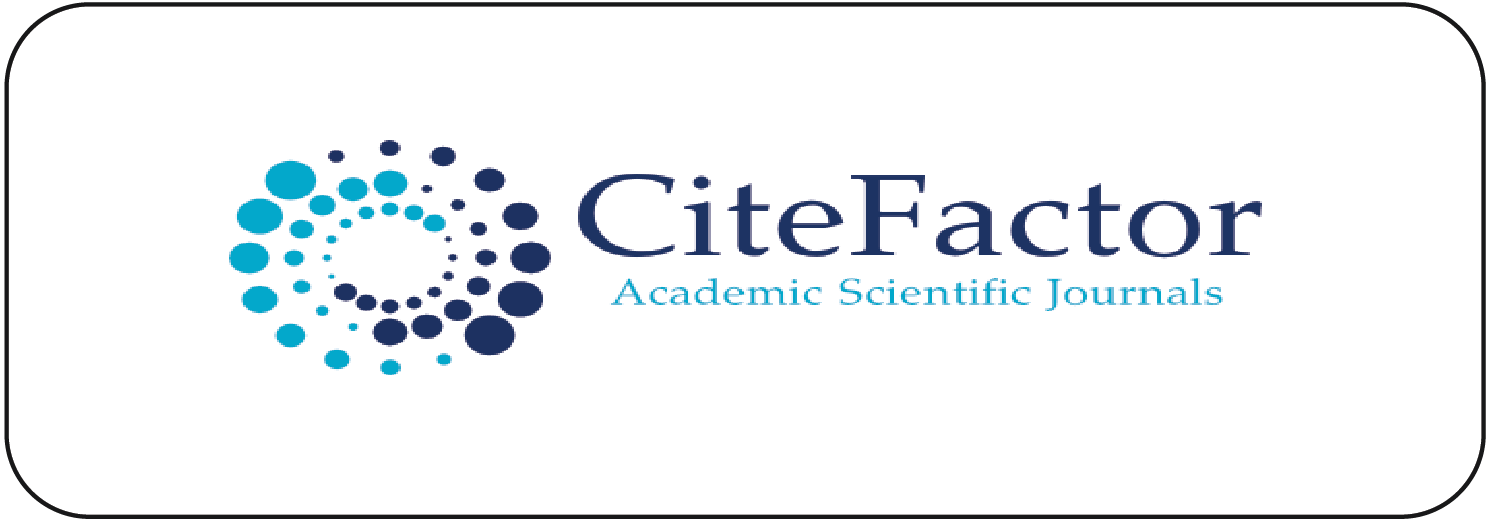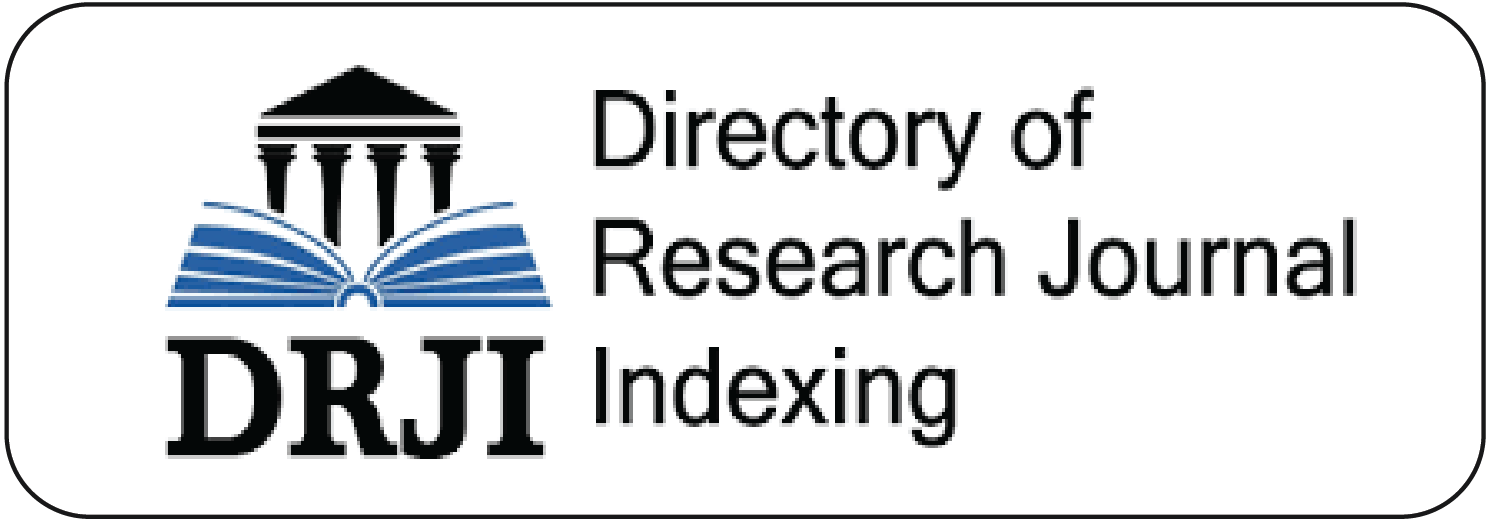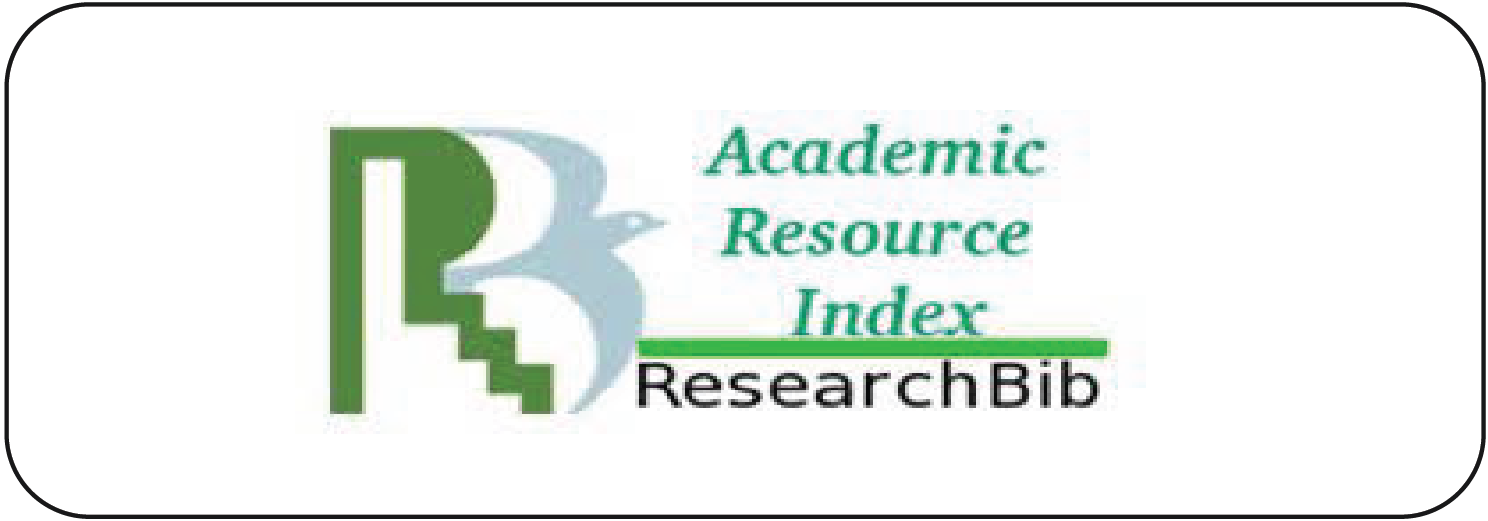Institutional Zakat Management in Bangladesh: Collection and Distribution Practices
DOI:
https://doi.org/10.51377/azjaf.vol5no2.192Keywords:
Zakat Management, Institutional Zakat, Bangladesh, Zakat PracticesAbstract
This article explores a comprehensive scenario of the practices of Bangladesh's institutionalized Zakat collection and distribution system. The research meticulously describes the process by which the institutions manage Zakat funds. This study employs a descriptive-analytical method to facilitate this exploration. The data for the current study was obtained through comprehensive field research. A total of 175 individuals who pay and receive Zakat from institutional Zakat management were surveyed using a standardized questionnaire. The study reveals the significant role of private organizations in collective Zakat funds from the Muslims of Bangladesh, a unique aspect of the system. While government institutions are not being accepted on a large scale, private organizations are stepping up. Though most of the Zakat payers are ignorant about Zakat calculation, there is a good sign that they are asking the scholars about Zakat calculation to ensure the accuracy of their Zakat distribution. Zakat institutions of Bangladesh select the recipients by investigating their applications and distribute Zakat commonly through the banking channel. The holy month of Ramadan is regarded as the spring for Zakat distribution. Zakat Institutions run several motivational programs to collect more Zakat funds, contacting Zakat payers, and online activities are mostly visible among them.
Downloads
Downloads
Published
How to Cite
Issue
Section
License
Copyright (c) 2024 Md Muhibur Rahman

This work is licensed under a Creative Commons Attribution-NonCommercial-NoDerivatives 4.0 International License.





















